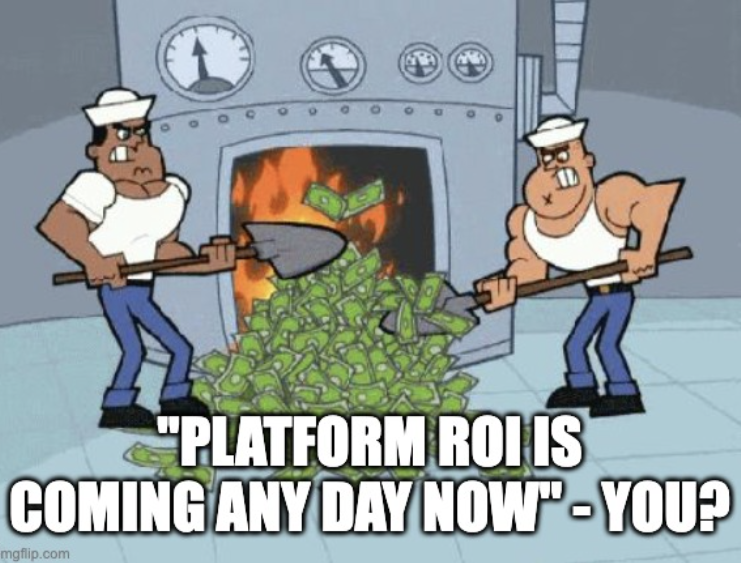
Last week my fellow contributor to the platform engineering community Sam Barlien interrogated dozens of German platform leaders in Hamburg at Container days. You know I think there is no better way to learn than just asking people what they’re doing, what’s working, what isn’t, and what they’re doing.
There was one leader I needed him to introduce me to, as part of our new advisory program.
- €30m annual spend on the “platform initiative”
- Project launched in Q1 2023 but building didn’t start until Q2 2024.
- In his words, “It has been a complete disaster”
This enterprise had many of the same issues that large european companies have; It was almost a century old with extensive legacy technology with a combination of on-prem and cloud (multiple cloud providers in this case), siloed teams, extensive security requirements.
Some teams experimented with AWS or Azure and modern orchestration like Docker Swarm, while others remained tied to ticket-driven workflows, legacy systems, and little automation. This meant multiple source code management tools, different monitoring setups, and totally different approaches to databases.
But this doesn’t mean a platform is doomed (and it doesn’t explain why this one is failing). Sixt is also a 100 year German company, and their platform is awesome. Hellmann is 150 years old and their platform is a huge inspiration.
So, let’s dissect why this platform is failing. I drilled him on 3 questions.
- What is the why of your platform?
- What does “value” mean to the developer, to you, and to your boss?
- How are the decisions on “product features” for your platform made?
His answers:
“Well, uh, it depends. There are lots of whys”
“Good question. It depends”
“Me, and 3 or 4 others decide, sometimes over beer”
See the problem? There are likely 100s of things your platform could impact or serve. But if you chase all of them, you aren’t going to succeed. If the why of your platform could be 30 things (especially at the beginning), it’s impossible for you to really prove value.
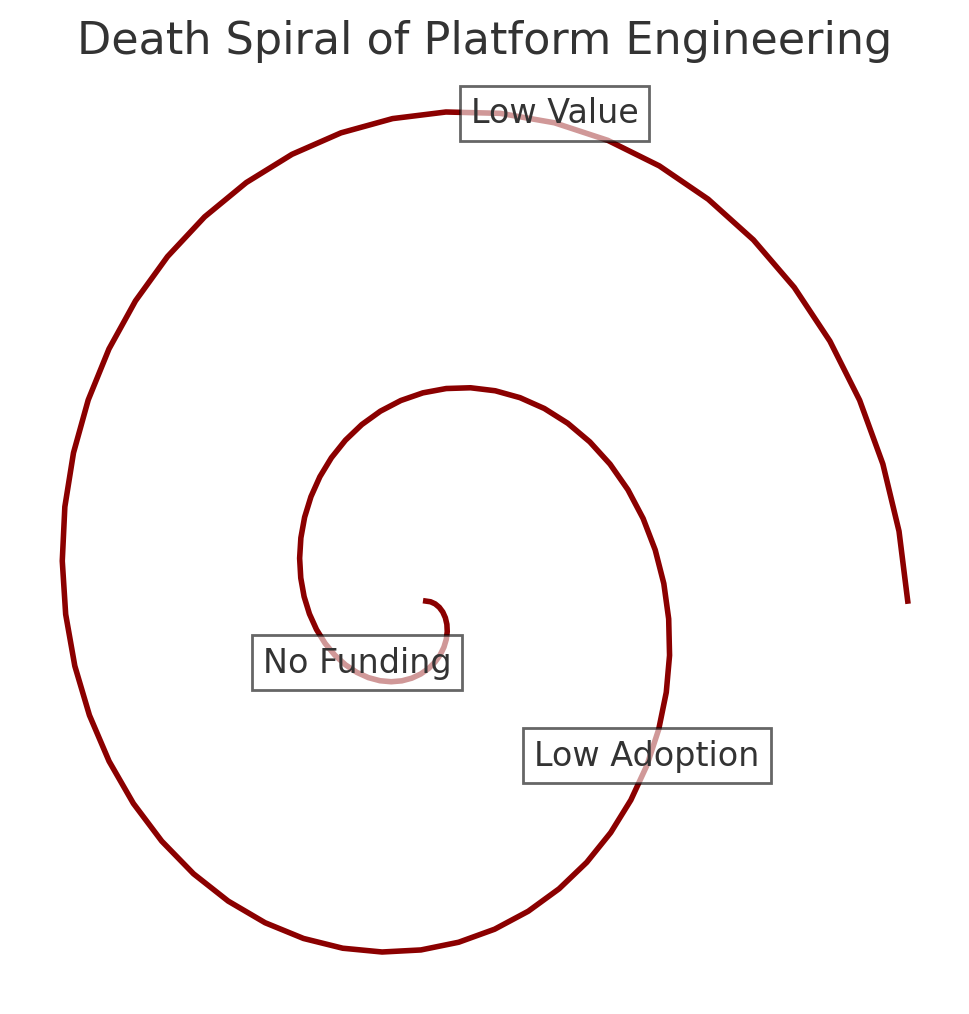
Especially if you don’t know what value means. If your platform has no value to your developers, why will they adopt it? Or become champions of it to their colleagues? If the platform has no value to your boss, why will they continue to sign checks or support the initiative? Your platform might serve value by your definition, but that’s likely not the only one that counts.
And it’s no surprise they don’t have the answers to these questions if the platform’s decisions are made based on conversation between the experts, rather than interviews or research on those other stakeholders.
This platform has an immense opportunity however. It’s got a leadership who clearly believes. They’ve got the budget. And though it doesn’t seem like it here, they’ve got a smart, excited, and hardworking team and platform leader who really wants this to work!
They just have to take a step back, zoom in, and think of the foundations first. And maybe next year, I’ll be mentioning them alongside Hellman and Sixt as my European platform icons.
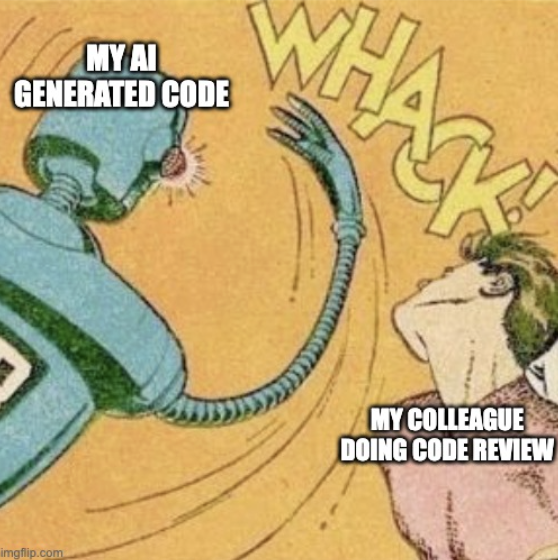








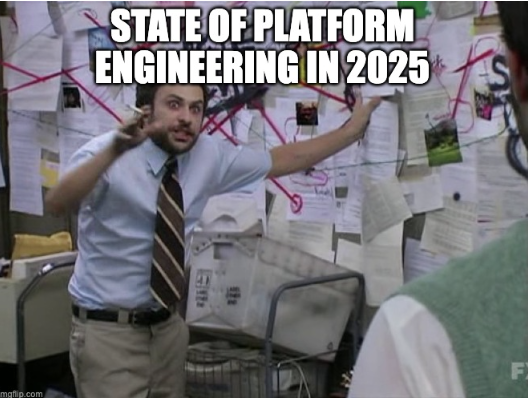
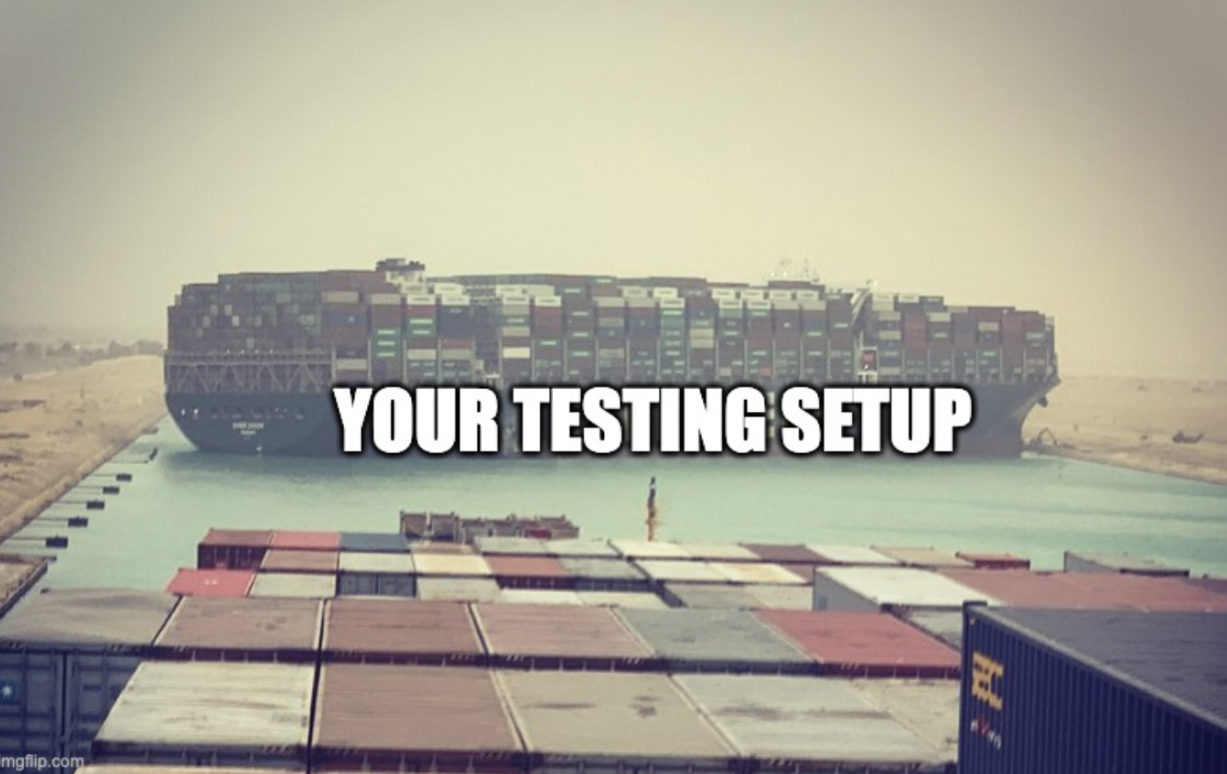




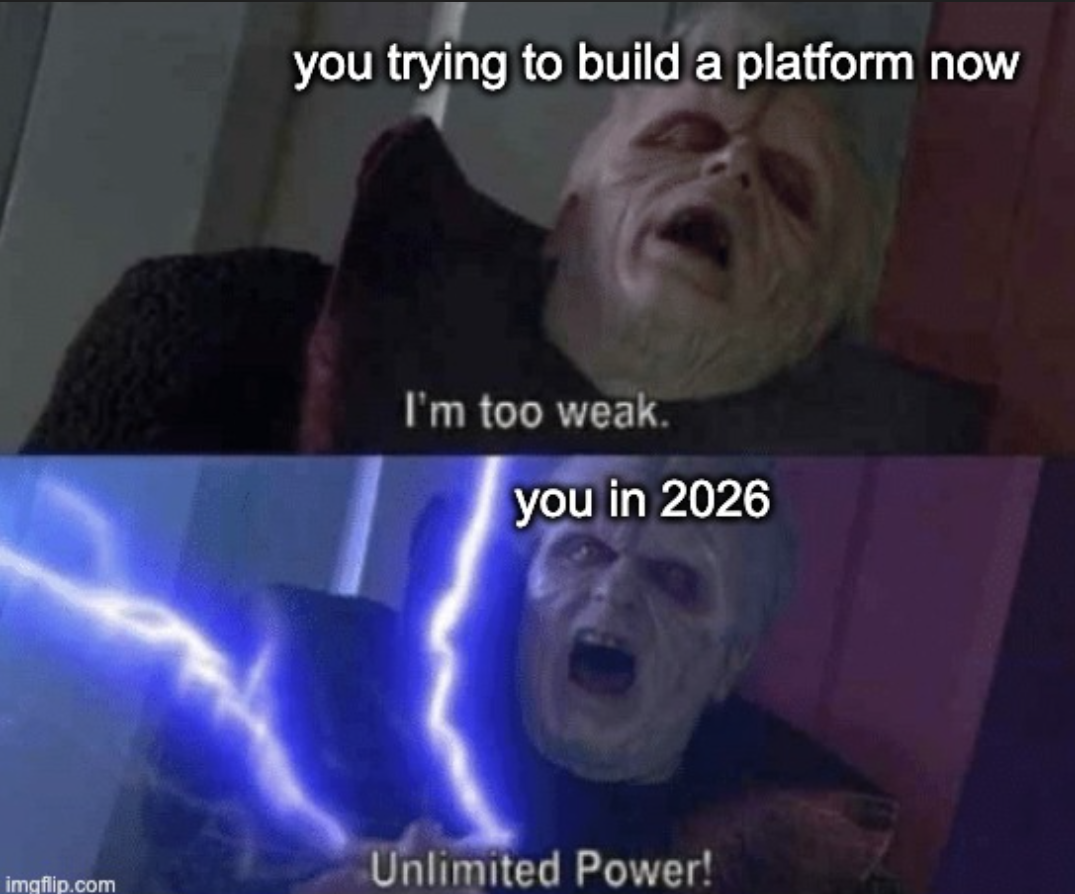





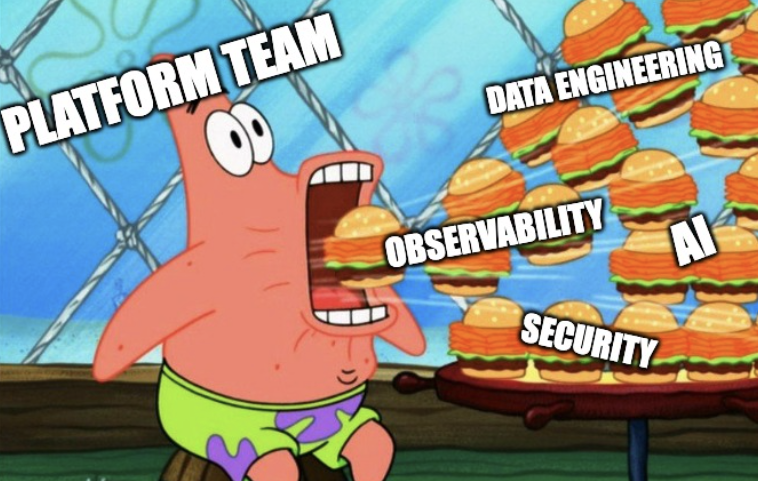
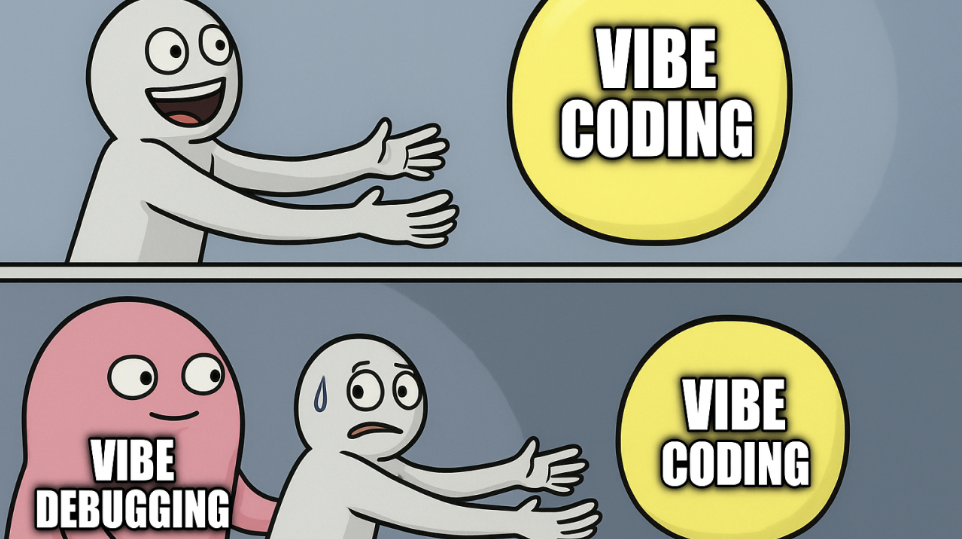



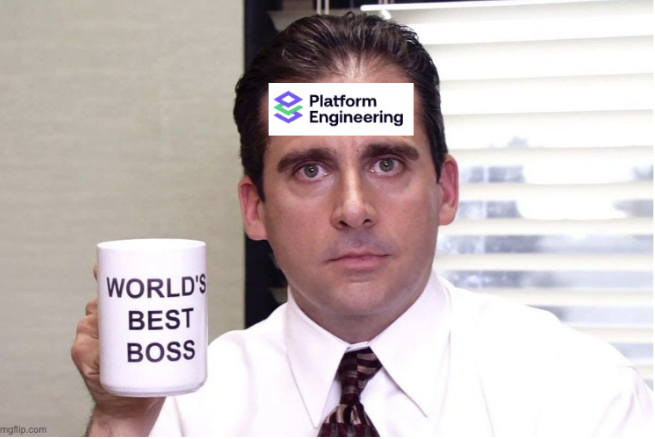


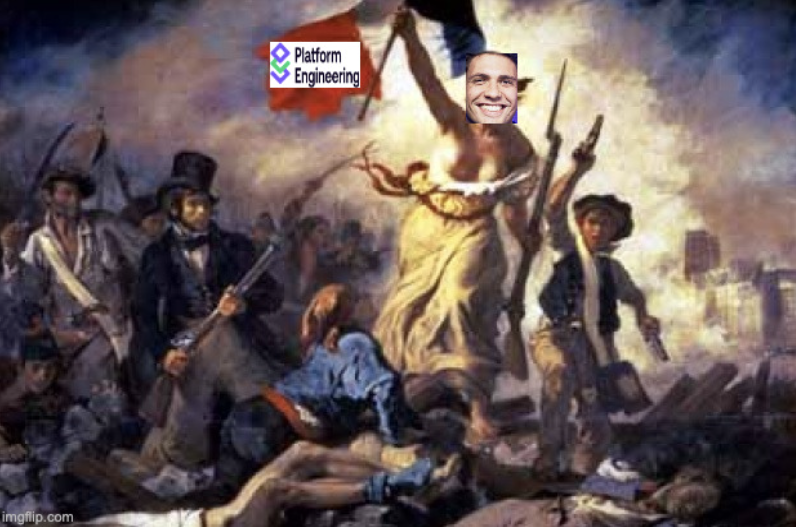



.webp)
.webp)




.webp)
.webp)


.webp)
.webp)
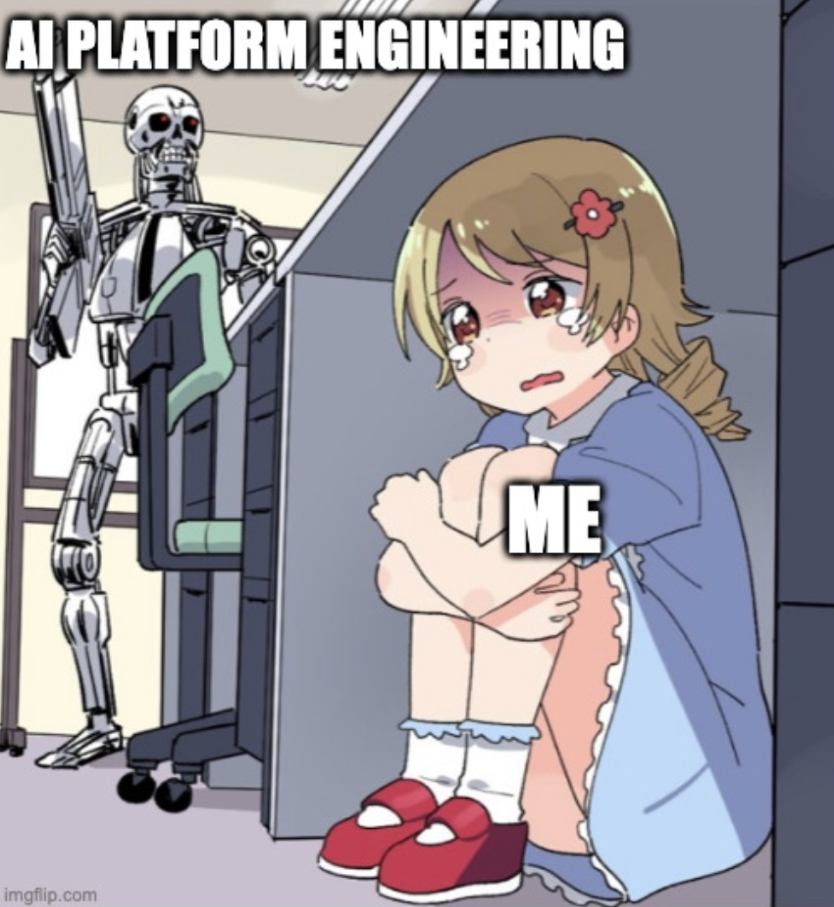
.webp)


-1.webp)














.jpg)
.jpg)
.jpg)
.jpg)
.png)
.jpg)
.png)
.jpg)
.jpg)
.jpg)


.jpg)
.jpg)
.jpg)
.jpg)
.jpg)
.png)
.jpg)
.jpg)
.jpg)
.jpg)
.jpg)
.jpg)
.png)
.jpg)
.jpg)
.jpg)
.jpg)
.jpg)
.jpg)







